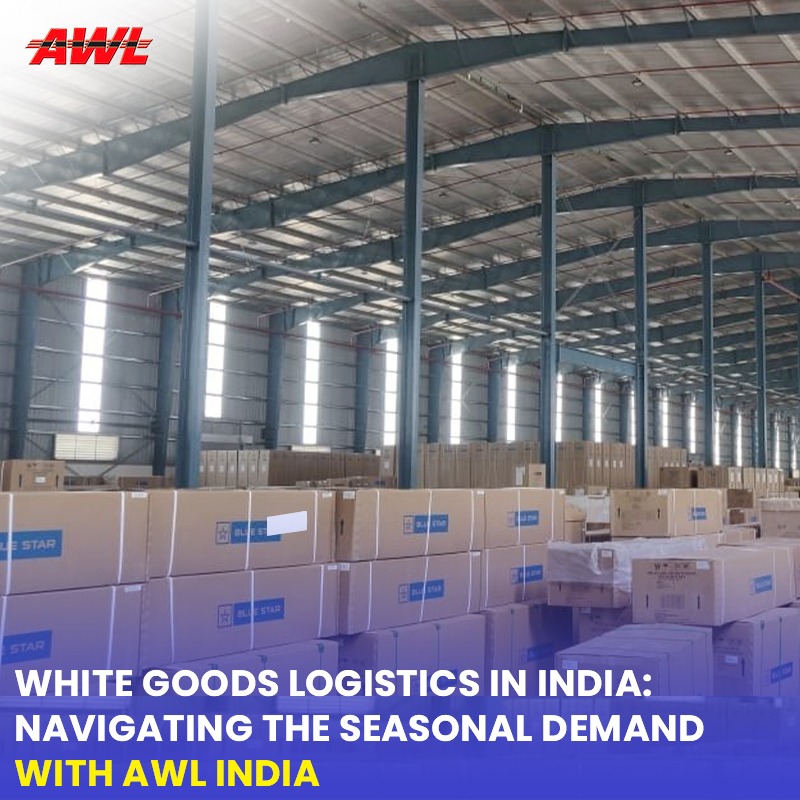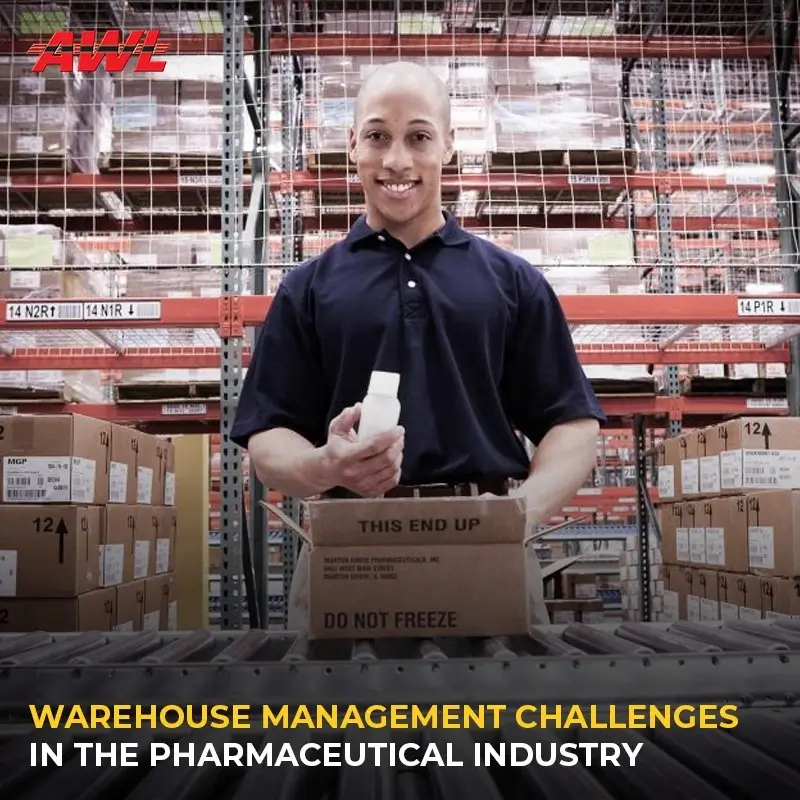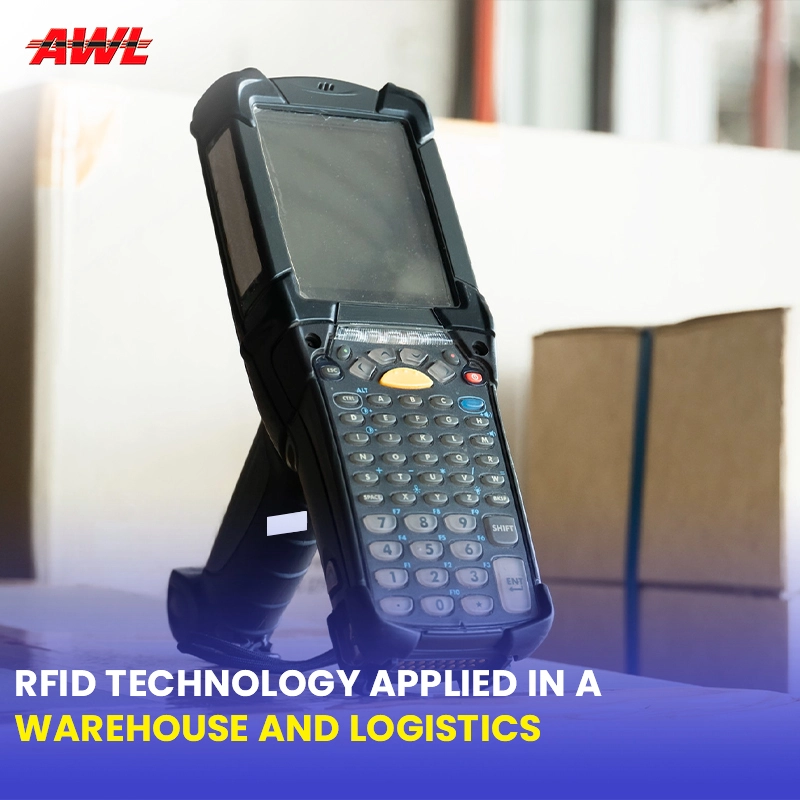

Like all other industries, the pharmaceutical sector has several warehouse management issues. While many of these challenges occur across businesses, they are exacerbated in the pharmaceutical industry owing to the delicate nature of its goods, their influence on people's health, and the (often) emergencies they are called upon. Pharmaceutical companies encounter some particular warehouse management issues. Many of these difficulties can significantly influence drugs, even if they do not present in businesses like general retail.
According to a recent study, the pharmaceutical industry is already increasing at over 12% per year, and COVID-19 expenditure is predicted to contribute nearly $160 billion to the sector by 2025. Despite this rise, warehouse and storage productivity fell 7.6% last year. Much of this is due to growing pains as organizations like pharmaceutical warehouses and distribution centres struggle to increase warehouse capacity, adopt new automation technologies, enhance staff safety, and comply with tight FDA and CGMP rules.
AWL India understands the need for temperature-controlled logistics solutions for the healthcare and pharmaceutical industries. Our crew is trained and experienced in dealing with issues that plague the healthcare business, such as a lack of items, expired inventory, slowness in providing the right products, ordering problems, etc. AWL India offers end-to-end technology solutions to enable the timely delivery of healthcare and pharmaceutical supplies using standard shipping methods. It elevates AWL India to the top of the pharma logistics industry in India.
Let's look at the top five challenges that pharmaceutical warehousing and distribution faces and try to manage and solve them.
Following the Good Management Processing(GMP)Rule enables manufacturers to
The warehouse managers are often entangled in managing the three major items appearing on the packaging bill of the material that is usually supervised according to the GMP regulation. Each of these significant items requires a unique lot of numbers. Inventory control is a need for all warehouse managers. Those in the pharmaceutical industry face rigorous government monitoring as well.
Aside from safety rules, the FDA's Current Good Manufacturing Process (CGMP) standards demand that item whereabouts within the warehouse be carefully tracked. Pharmaceutical warehousing regulations require operators to maintain documented protocols that describe the storage conditions for each medicine they store. Moreover, each medicine must have a distinct, traceable code that specifies the lot's condition (e.g., approved, quarantined, or rejected). Written protocols documenting each drug's distribution process, including recalls, are also necessary. Many pharmaceutical warehouses are moving to a contemporary WMS to handle product traceability and tracking. With a smart warehouse management system in place, pharma warehousing operators can control and monitor inventory in real-time, acquiring a 360-degree picture of the product from the time it enters a warehouse until it is carried out to retailers or end-users. AWL India enables them to track inventory fluctuations, forecast inventory demands, and much more. It also raises pharma storage standards, facilitating product traceability and expediting response time in the event of a product recall.
Labelling is another issue that pharmaceutical warehouse managers face. GMP regulations require labels to feature a recognisable name and a Unique Identification Number distinct from the supplier's lot number. In the lab, on the facility's computer system, and in production, the UIN must be documented. GMP SOP advises against using the IUN as a batch number.
Other regulations that are specific to pharmaceutical labelling include:
Medicines and other pharmaceutical items are highly sought after, making them attractive targets. The raw materials and final goods should be stored in secure places in warehouses. AWL India believes that the formulary, medications, and drug components are all pricey and vulnerable to theft. It proposes doing a risk analysis audit covering known security breaches' locations. AWL India focuses on identifying and removing the most vulnerable postings and systems against unwanted data access, alteration, or deletion, improving access control to systems and data, and implementing new cybersecurity best practices. To keep accidents to a minimum and warehouse personnel safe, pharma businesses must monitor possible maintenance concerns throughout the warehouse and consider implementing safety elements such as dock alarms, lighting, and safety gates, as well as rack netting, end guards, and pallet support bars.
AWL is one of India's top technology-based pharma logistics organizations, specializing in temperature-controlled warehousing facilities and transportation networks across the country and internationally. Healthcare logistics firms create solutions that correspond to quality standards and laws. AWL India promises world-class services in terms of quality, accuracy, and efficiency by utilizing cutting-edge technology.

